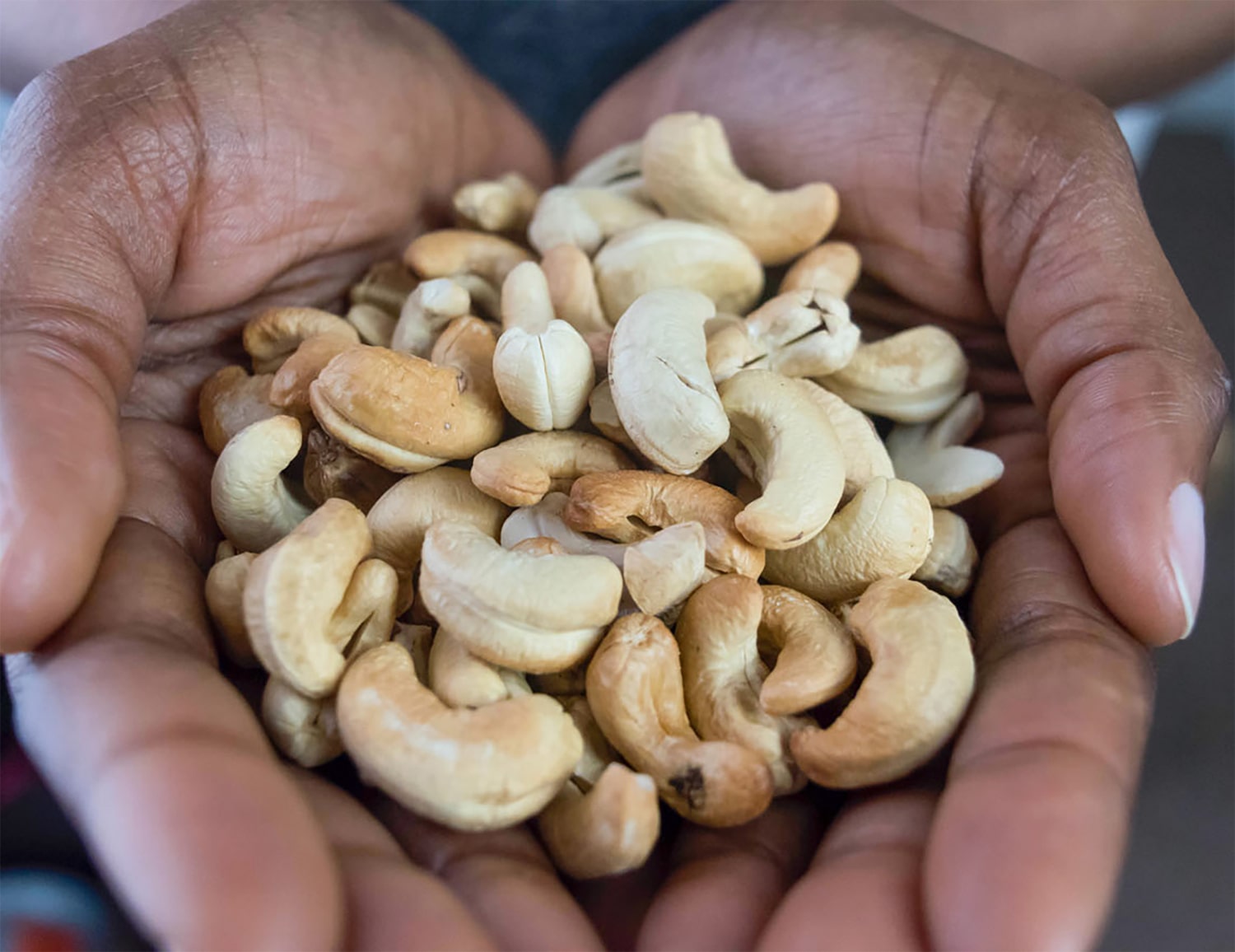RESEARCHERS HAVE CONSISTENTLY FOUND that eating nuts reduces risk of heart disease and Type 2 diabetes, and emerging evidence suggests the same is true for cancer. A meta-analysis of 33 prospective studies published in March 2020 in Cancer Epidemiology, Biomarkers & Prevention shows that eating tree nuts is associated with reduced cancer risk, particularly for cancers related to the digestive system.
Compared with participants in the studies who ate the least amount of tree nuts, those who ate the most tree nuts had a 10% lower cancer risk overall. There was a 17% difference in risk for digestive cancers, such as colorectal cancer, pancreatic cancer and gastric cancer, between these groups. Eating tree nuts reduced cancer risk; eating peanuts and peanut butter did not.
Other studies not included in this meta-analysis have found that eating tree nuts is associated with not only reduced cancer risk but also increased survival. Rates of cancer recurrence and mortality were lower among participants with stage III colon cancer who ate at least two servings of tree nuts per week, according to a 2018 study.
Oncologist Charles Fuchs, the director of the Yale Cancer Center in New Haven, Connecticut, says the benefits of tree nuts may come, in part, from the food’s effect on the body’s mechanisms for making use of calories consumed. Fuchs was not involved in the study. Nuts may reduce inflammation and insulin resistance, both of which can be risk factors for some cancers. They may also decrease oxidative stress, which can cause cancerous mutations.
Some people are wary of adding nuts to their diet because they are calorie-dense. But adding 14 grams of nuts per day to a diet is linked to less weight gain and lower risk of obesity. “People who are eating nuts are actually leaner,” Fuchs says.
Cancer Today magazine is free to cancer patients, survivors and caregivers who live in the U.S. Subscribe here to receive four issues per year.





